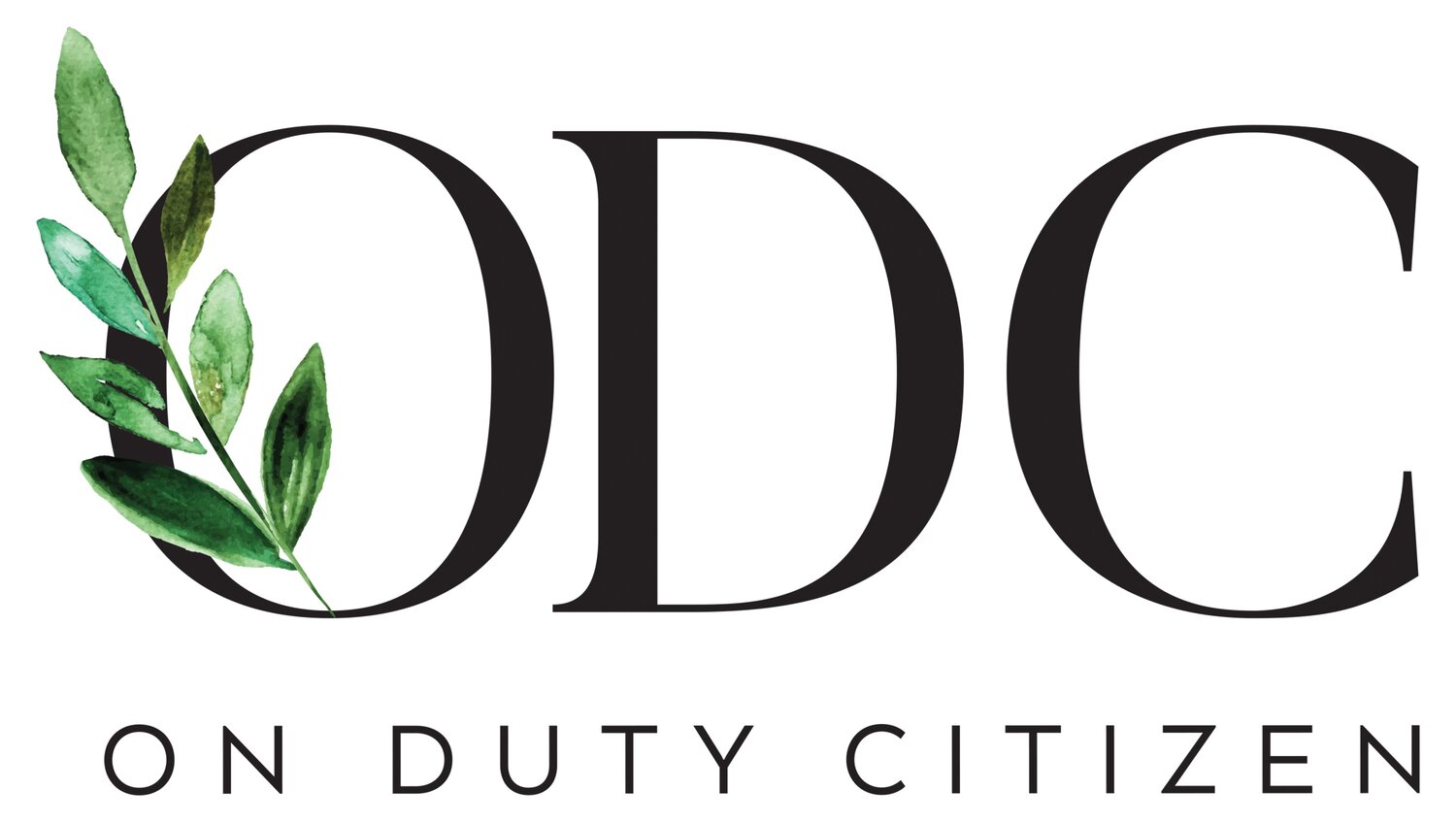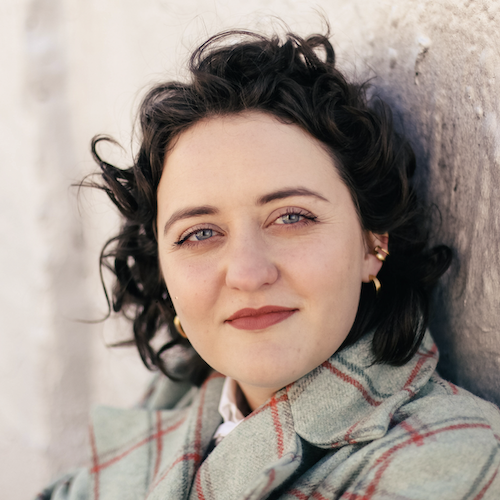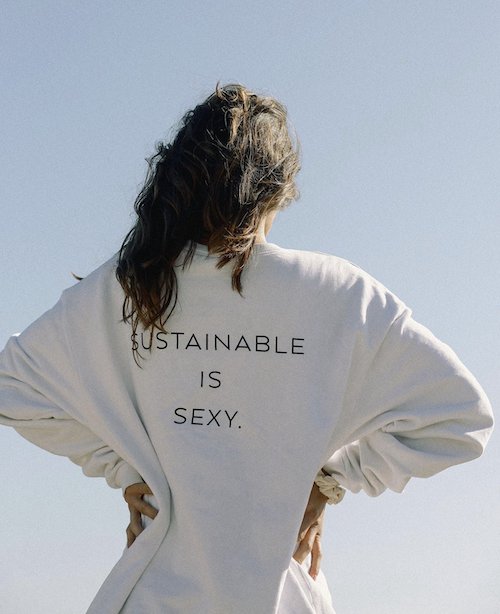ON DUTY CITIZEN
WHITNEY BAUCK
1) What inspired you to get involved in the sustainability movement?
I started writing about fashion in 2013, right before the Rana Plaza collapse happened. Though I was a huge thrifter even at the time, I happened to buy something from one of the brands producing at the factory that collapsed just a few weeks before the incident. It was impossible to not feel personally implicated — and I’ve been going deep on supply chain ethics ever since.
2) What specifically is your involvement in the sustainable/ethical world?
I’m a journalist whose work focuses on the human rights and environmental impacts of fashion manufacturing and production.
3) What are some daily habits or tips you have to live a more conscious lifestyle?
My sustainability expertise is deep in one arena — fashion — and while I’m confident about the choices I’m making in terms of my wardrobe, I still have a lot of room to grow in other arenas.
What I will say is that when it comes to fashion, it’s always better to use what you have already. When you do need to shop, go secondhand if at all possible. And if you absolutely can’t find something secondhand, see if you can get something “new” that’s made from recycled, upcycled or regenerative materials, and in a design that you love so much you’ll never get rid of it.
The other thing I’d say is that you don’t need to have attained a perfectly sustainable lifestyle in order to join the movement. Individual lifestyle choices have a role to play, but they should always go hand-in-hand with pushing for system change by voting, holding politicians and businesses accountable, and the like.
4) In the climate change movement, who inspires you most?
I’ve been spending a lot of time with the writings of Wendell Berry lately. He grapples so gracefully with the grief and responsibility and hope and despair that come with caring about the planet, and I’ve found his poetry and his essays to be an invaluable resource.
5) What are you most optimistic about in regards to environmentalism?
I’m optimistic about the potential that regenerative farming has to sequester excess carbon. We have so many amazing tools like this to address climate breakdown — the issue is mustering the will and resources to actually put them into action.
6) Name some of your favorite sustainable or ethical brands and why you trust them.
More and more, I’m recommending that people just not shop at all or shop secondhand rather than shopping new. But if you are going to shop new, I love The Summer House — they work with deadstock materials, cut and sew in house and are deeply connected to the artisan communities they work with. Jungmaven does great work with hemp, which is such an amazing fiber from an agricultural perspective. I love brands like Bode and Carleen that are upcycling vintage quilts and other fabrics into new clothes.
7) What are some of your resources you use to learn more about sustainability?
For a long time I was reading sustainability literature that was about or adjacent to fashion, but increasingly I’m interested in climate literature even if there’s no tie-in to clothing. The Uninhabitable Earth by David Wallace Wells and Falter by Bill McKibben are two great books I read this year that are helpful if you’re trying to go deeper in your understanding of the climate crisis.
8) What advice do you have for someone who would like to live more sustainably?
Be willing to make changes that aren’t sexy (for example, did you know that installing modern heating and insulation can do more to reduce your environmental footprint than skipping a flight could, according to some estimates?). Dig deeper than what you’re seeing on Instagram — there’s so much good data out there, it just means being willing to look for it.
9) What projects or campaigns are you currently supporting?
Lately I’ve been really encouraged by the work being done at Fibershed. They’re casting a vision for and working toward a fashion and textile economy that’s built more on genuine community than on consumption. Plus, they’re just some of the best experts out there when it comes to fiber farming that can sequester more carbon than it releases.
10) Could you tell us about a challenge or obstacle you faced working in sustainability? How did you overcome it?
Working in mainstream fashion media means being surrounded by overconsumption — which can be easy to either get sucked into on the one hand or disillusioned/cynical about on the other. I’m trying to combat those in myself by staying grounded in communities and relationships that feed me and remind me why this work is worth doing, and remind me that it’s ok to do things differently than some of my industry peers might choose to. That’s a constant work in progress.




